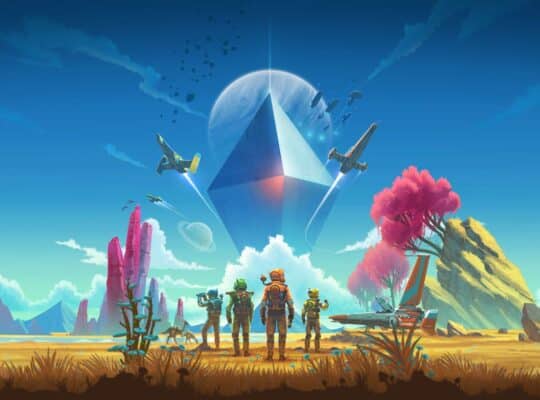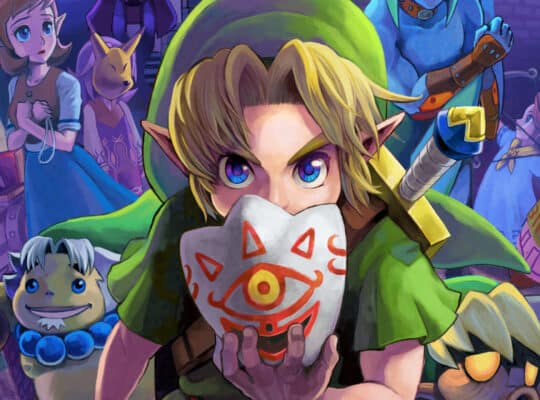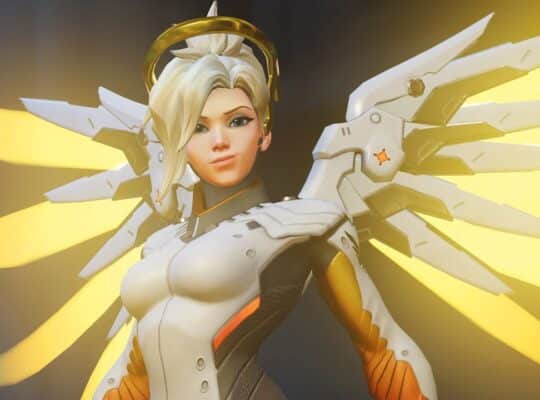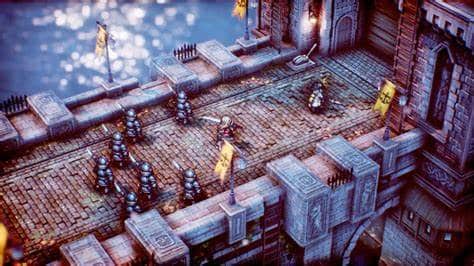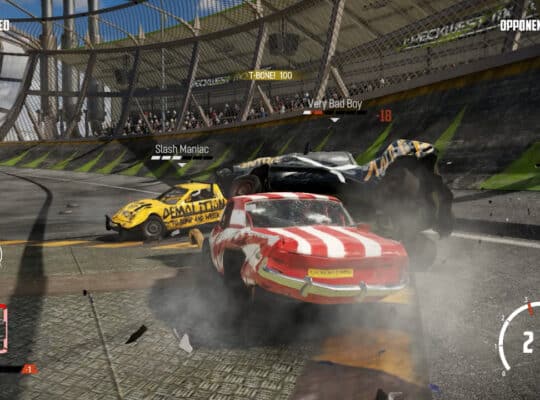10 Gaming Trends That Need to Go!
The disappointment of last week’s “Lord of the Rings Gollum” which lead many disenfranchised fans of the Tolkien Literary Masterpiece to ask why it wasn’t cast into the fires of Mt Doom, got me thinking about a recent spate of AAA disasters, or even smaller games failing to live up to the hype their marketing teams generated. I had a chat with some fellow gamers about what gaming trends need to go, as they rarely work out. Here is what we came up with…
Pay to Win

Now, I really have no problems with games that offer a largely single-player experience which you can speed up a little with some real-world cash, but online focussed games like Warface allow players to buy the competitive edge in multiplayer with high-powered rifles to terminator robots with more health which means more casual gamers are merely served up as fodder for those with deeper pockets. Recent examples also include the Roze Skin in Warzone and Diablo Immortal which saw a streamer spending in excess of 20k to demonstrate just how broken its marketplace really is!
Exclusive content

Exclusive content hurts gamers. If gamers want to experience additional features, they need to buy the game on multiple platforms which just isn’t right. Sony constantly had secured timed exclusives with the Call of Duty franchises, making other platform versions fall behind when new map packs are released, as well as non-timed exclusives which are permanently locked to a single platform. I would be curious to see how much these companies invest in platform-exclusive content and sales figures to see if it does see a healthy return on investment.
Now there are examples of clever platform Exclusive content which is more of an Easter Egg or small detail like Diablo 3’s “The Last of Us” clicker and zombie rift, or Soul Calibur 2 having 1 console specific fighter that doesn’t detract from the lore or story of the game.
Early Access Games

I feel like Early Access means nothing anymore. It used to be a great way for smaller developers to have a “paid beta test” for lack of a better word on a live development cycle of their game to get feedback and enhance the game as they went along. However, most Early Release games are no longer treated like releases at all and are a paid, buggy mess. Feedback is often ignored, games sit in early access forever, and by the time the full game rolls around, any excitement or hype is usually dissipated as gamers have moved on to the next game. The worst offender could be Star Citizen, which is still in development, and early access sales have far exceeded the projected development cost, leading some gamers to file lawsuits and most space-faring privateers asking “When is the games final release?”
I feel early access hurts the developers the most, as it slows the development progress with bug fixes and player feedback, as well as showing early gameplay mechanics which may not be refined for public consumption.
Forced Online Features

This would have to be my personal #1 choice on this list. Forced online features or connectivity that either has no impact on the game or is implemented so poorly, it simply breaks the game. Upon its initial release, Diablo 3 required players to have an online connection regardless of whether they wanted to play solo or with others. SimCity destroyed it’s amazing legacy with a similar feature, causing developers to implement a fix long after players abandoned their virtual towns, leaving the far superior Cities XL to take the crown. Forced online multiplayer features can be disruptive, and frustrating. I even have issues login onto Zen Pinball on Switch without it prompting me to connect to the internet presumably to compare online scores. It’s an unnecessary step in getting gamers into your games which can lead to an often frustrating quit to load a different game.
Loot Boxes

Ah loot boxes, the bane of many a gamer. With loot boxes making progression (or even fun) up to the RNG powers that be, loot boxes are an unimaginative form of progression. I remember one of my favorite game series, Forza Motorsports, releasing a much anticipated 7th game in the series wherein the most puzzling aspect was progression was tied to loot boxes. By the time Microsoft had rolled out a patch to remove the loot box progression system, it was too late for most gamers. Here’s hoping Forza Motorsports 8 returns to the more traditional career progression.
Games as a service

Games as a service can be fun, but ultimately are problematic. Between always online connectivity, the time between feature releases, and a reliance on over-monetization, games as a service generally don’t favor the gamer. Some recent games like The Division have found some success, but many end up getting taken offline, leaving players out of pocket and unable to use the very things they paid for. Here’s hoping more developers return to a more traditional release in the future.
0.0 Release Games

0.0 Release games are not just games in need of a day 1 patch, these are games that could have done with some extra time in the development oven instead of releasing with fundamentally broken mechanics, game-destroying bugs, and completely missing features. This can even happen to critically acclaimed franchises like the Recent Halo: Infinite, which was released in 3 or 4 parts, and some parts missing altogether. I think while gamers may be upset at game releases being delayed, it’s much better than releasing a 0.0 game and hoping people stick around for a few months while the game is patched to oblivion to be lifted to the state it was promised to be. Redfall anyone?
Lack of innovation

I’m looking at you *Insert Character here* Kart racers! Simple asset flips and cheap imitation games flood the market, which is especially prevalent on the Nintendo Switch E-shop. Many games have multiple “Editions” so they can stay discounted and at the top of the sales page while churning out knock-offs of more polished titles which deliver an underwhelming experience for gamers. Nintendo are also guilty of this, but their games are still so fundamentally fun and well-polished, it doesn’t seem to bother gamers as much. That being said, the shine of the most recent Pokemon releases seems to have worn off gamers with Pokemaniacs flocking to Social Media to complain about persistent bugs and lack of new features.
Over-Reliance on Nostalgia

Nostalgia can be a good thing, but when a game relies so heavily on the goodwill its predecessors have made, then proceeds to take nothing from its previous games into account. Bionic Commando (and even the remasters) did a great job creating a cult following, only to have the Xbox 360/PS3 era Bionic Commando go in a completely wild direction story-wise, tarnishing the legacy of the decades-old franchise. We have seen this done similarly with Contra, Duke Nukem, and Mighty Number 9.
Microtransactions/Battlepasses in full releases

There’s nothing worse than paying full price for a game that is then laced with microtransactions or battle passes. This is normally acceptable behavior for a free-to-play game, but in a full-release title, there’s no excuse. Recently released Final Fantasy Chocobo Racer has to be the worst offender in recent times with a paid battle pass and microtransactions locking legacy characters like Cloud behind a financial paywall after you already shelled out your hard-earned cash.
So there you have it. Did we miss something? Let me know in the comments below! I would love to hear what Gaming trend you would love to see fade into obscurity.



